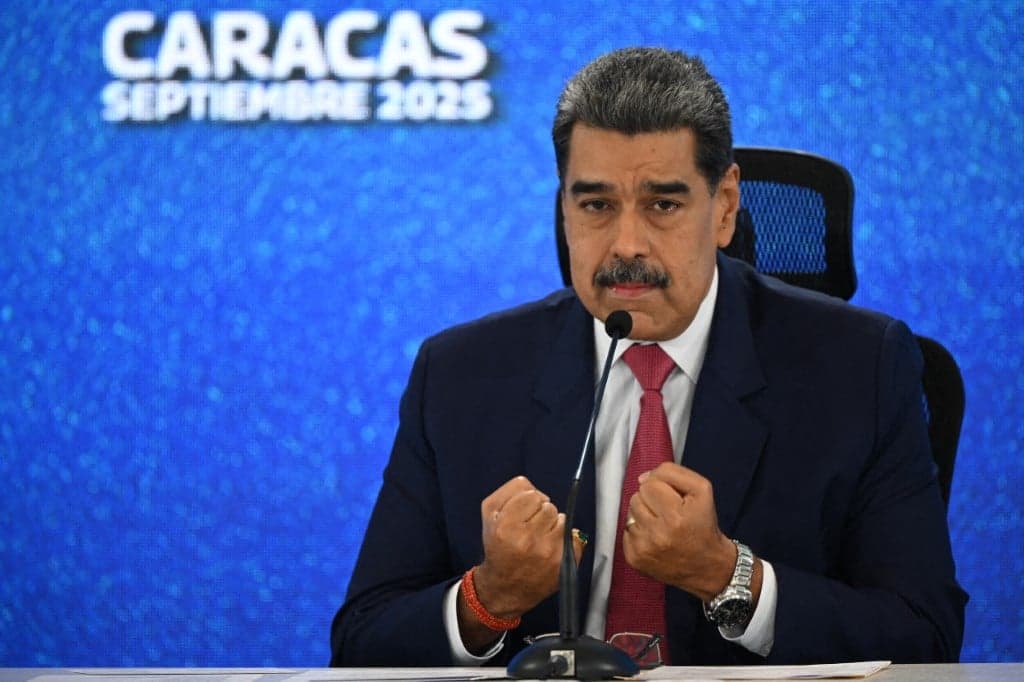We're loading the full news article for you. This includes the article content, images, author information, and related articles.
Zohran Mamdani, son of renowned Ugandan academic Mahmood Mamdani, confronts a barrage of Islamophobic and racist attacks from top US political figures in his historic bid to become New York City's first Muslim mayor, a development drawing scrutiny in East Africa.

NAIROBI, Kenya – Zohran Mamdani, the Democratic Party nominee for Mayor of New York City and son of the influential Ugandan academic Mahmood Mamdani, is facing a sustained campaign of racist and Islamophobic attacks from prominent American political figures as the city’s election nears. The attacks, which label him a “jihadist candidate” and “terrorist sympathizer,” have sparked condemnation and are being closely watched in East African academic and political circles due to his family’s deep regional roots.
The latest incident occurred on Thursday, October 24, 2025, when former New York Governor Andrew Cuomo, now running as an independent candidate, made inflammatory remarks on a conservative radio show. Speaking about the 2001 terrorist attacks, Mr. Cuomo said, “God forbid, another 9/11, can you imagine Mamdani in the seat?” The show's host, Sid Rosenberg, replied, “He’d be cheering,” to which Mr. Cuomo laughed, according to reports of the broadcast.
In a subsequent television appearance on Pix11 News the same day, Mr. Mamdani, who would be the first Muslim mayor in New York's history if elected, described the comments as “disgusting” and “racist.” He stated, “This is Andrew Cuomo’s final moments in public life and he’s choosing to spend them making racist attacks.”
The comments from Mr. Cuomo are part of a broader pattern of hostility directed at the progressive candidate. Current New York City Mayor Eric Adams, who has endorsed Mr. Cuomo, referred to Mr. Mamdani as “the communist” on Thursday and claimed his endorsement was motivated by a need to fight extremism. These attacks echo rhetoric from the highest levels of American politics.
Former US President Donald Trump recently decried the prospect of “a communist as the mayor of New York” and pledged to use federal power to obstruct Mr. Mamdani if he wins. This was amplified by Elise Stefanik, a Republican congresswoman from New York, who labelled Mr. Mamdani a “jihadist candidate for mayor” in a widely circulated social media post.
While the election is taking place thousands of kilometres away, the identity of the candidate has made the race a subject of significant interest in Kenya and across East Africa. Zohran Mamdani is the son of Professor Mahmood Mamdani, a towering figure in post-colonial theory and African studies. Professor Mamdani, a Ugandan of Indian descent, is celebrated for his scholarship on the politics of state and identity in Africa, including extensive work on the Rwandan genocide and the nature of political power in the region.
Professor Mamdani served as the founding director of the Makerere Institute of Social Research (MISR) in Kampala, Uganda, and his books are standard texts in universities across Kenya, Uganda, and Tanzania. His work has profoundly shaped a generation of East African scholars, journalists, and policymakers. The attacks on his son are therefore not seen merely as distant political noise, but as a direct, personal affront employing racist and Islamophobic tropes against a family with deep intellectual and cultural ties to the region.
The campaign against Mr. Mamdani highlights a contentious political strategy in Western democracies, where progressive candidates of colour and of Muslim faith are often targeted with accusations of extremism. The attacks aim to frame Mr. Mamdani’s political platform through the lens of religious and racial prejudice, a tactic that civil rights organizations have repeatedly condemned as dangerous and divisive.
As the New York City mayoral election approaches next month, the rhetoric employed by Mr. Mamdani's opponents serves as a stark case study in the weaponization of identity in modern politics. For observers in Kenya, it is a reminder of how global political currents can intersect with local legacies, turning a municipal election in America into a story with profound regional significance.
Keep the conversation in one place—threads here stay linked to the story and in the forums.
Sign in to start a discussion
Start a conversation about this story and keep it linked here.
Other hot threads
E-sports and Gaming Community in Kenya
Active 9 months ago
The Role of Technology in Modern Agriculture (AgriTech)
Active 9 months ago
Popular Recreational Activities Across Counties
Active 9 months ago
Investing in Youth Sports Development Programs
Active 9 months ago